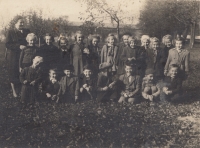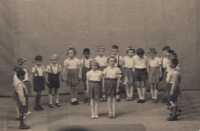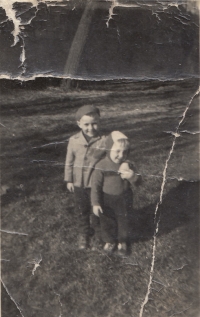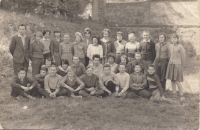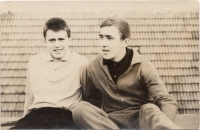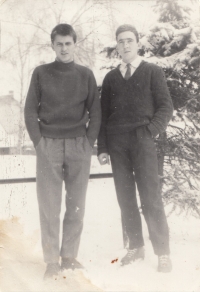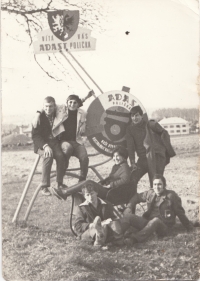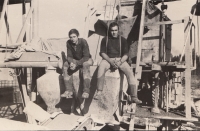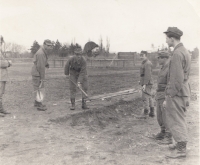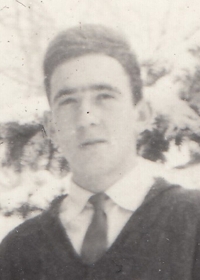He witnessed show trials as a child and the wisdom of old brewmasters at the brewery
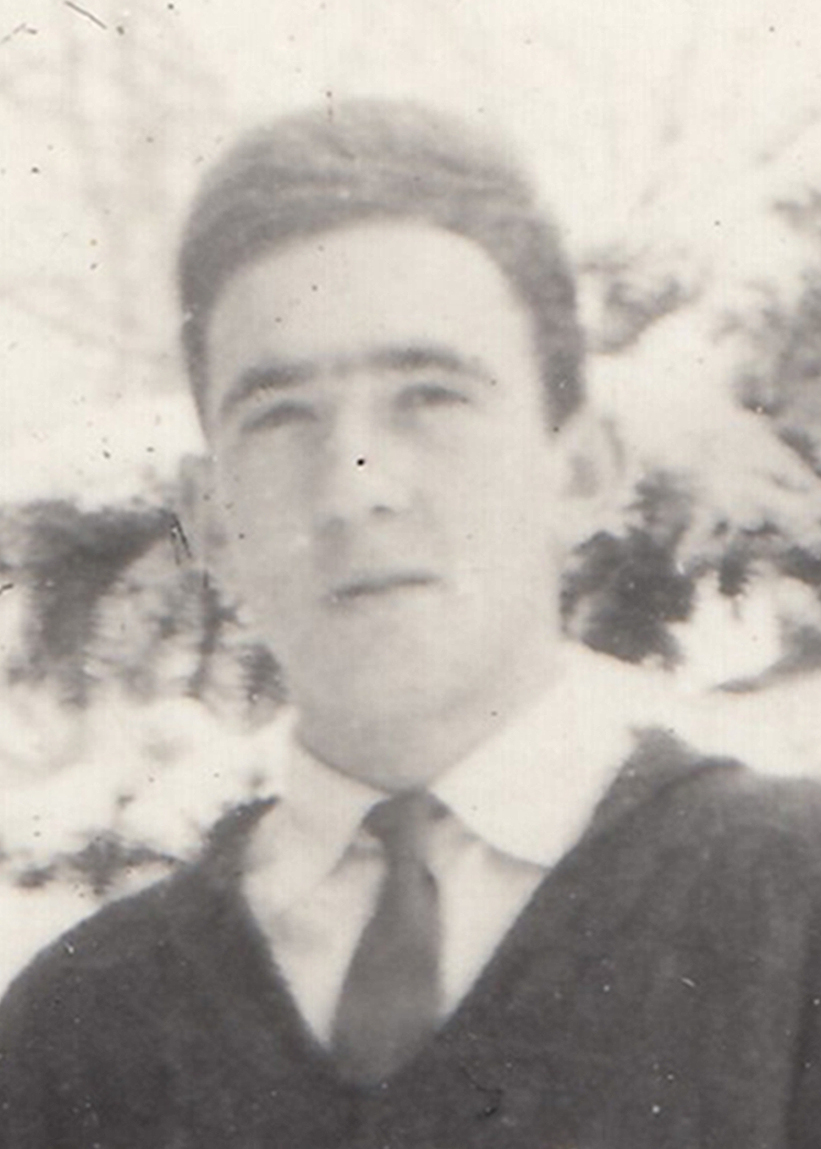
Download image
Vojtěch Klusoň was born on 9 January 1949 into the family of a tailor whose small business was forced to close by the Communist government. The family then moved to Polička in response to a classified ad, and his father took up employment as the administrator of Tyl House. As a little boy, Vojtěch witnessed the trials that took place there with political prisoners and also how his father burned prohibited books brought there by State Security. Otherwise, he grew up in a theatrical environment. He remembers the events connected to the occupation of Warsaw Pact forces in Polička – at the time, Soviet units seized the military zone in nearby Květná. Vojtěch Klusoň spent part of his own military service in the late 1960s as an employee at Průmstav (Industrial Constructions). Upon returning to Polička he found a job at the local brewery, where he remained until his retirement. He did not agree with the Communist regime, but he never opposed it actively.
